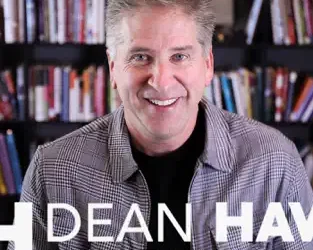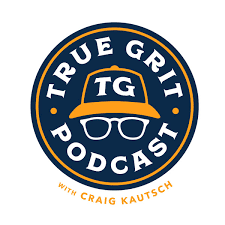Research has shown us that a major factor of what really drives our success, and pushes us through tough problems, is our attitude. The right attitude, at the right time, can make all the difference in the world.
Have you ever known someone who had all the advantages: opportunity, resources, intelligence and supportive people, but who somehow managed to lose in a big way, or just never went scale? Conversely, I have also known many people who had very little, and who encountered massive obstacles, and still came out on top. The difference is usually attitude.
Simply put, an attitude is a perspective, or a “spin” on yourself, others, or your circumstances. It is the lens you use to view your world.
The attitudes that I have found in some of the most uber-successful people I work with are below, along with skills you can apply today to develop them.
I belong |
This is the attitude that “I am not alone.” The attitude of belonging means that you always feel there are a few people in your life who you can turn to when you are overwhelmed, buried and stressed out, who will always have your back. People who have an attitude of belonging always know that no matter what goes down, they are not isolated, and someone has their back.
Skill | Find 3-4 people of character, whom you trust and become vulnerable with them. Bring them into how overwhelmed and stressed out you have been. You will be amazed at the focus and positivity that emerges from this.
I have power |
The attitude that “I am not helpless, and I can do something about my situation.” Successful people always look for a choice and they don’t give in to what the research calls learned helplessness, which is a feeling that no matter what you do, you will lose, so why not give up? Instead, they think, “I may have financial, strategic or cultural problems, but I also have enough power to make one great choice to change things here.”
Skill | Brainstorm with a trusted friend the toughest situation you are currently facing. Literally get in front of a whiteboard and write down 10 choices you can make (they may be difficult, but it’s movement). Then pick the one that will get you the most traction on the problem and execute it. That is acting on power. Note, this is not power over another. It is power over your life.
I’m OK even when I’m not OK |
A little bit of a word play, but this is the attitude that failure, even repeated failure, won’t get you down. You will resist the judge in your head who calls you a loser and disappointment and instead remember that every time you fail, you commit to learning something valuable. So failure (doing something not OK) doesn’t mean you’re not OK (a total loser).
Skill | Tell someone you trust the 3 toughest bad choices you’ve ever made (I’m serious about the “someone you trust”, there are lots of people who can’t handle who you really are, or would judge you, so pick carefully). Don’t minimize it or blame others, just say the raw reality. Then ask them what they think of you. The right person will say something like, “Yes, you’ve made some major mistakes. And I’m OK with you and I want to help you grow in life.” Success comes from knowing that we don’t have to pretend that we are someone we are not. And it comes from hearing that we are acceptable and connected even when we don’t feel so acceptable.
Attitudes can be everything. Just work on one of these this week. You’ve noticed that each skill involves another person to support you. If you don’t have someone, or someones, like that, read my book “How to Be a Best Friend Forever”, which will outline how to have those sorts of relationships.
Best to your leadership!






